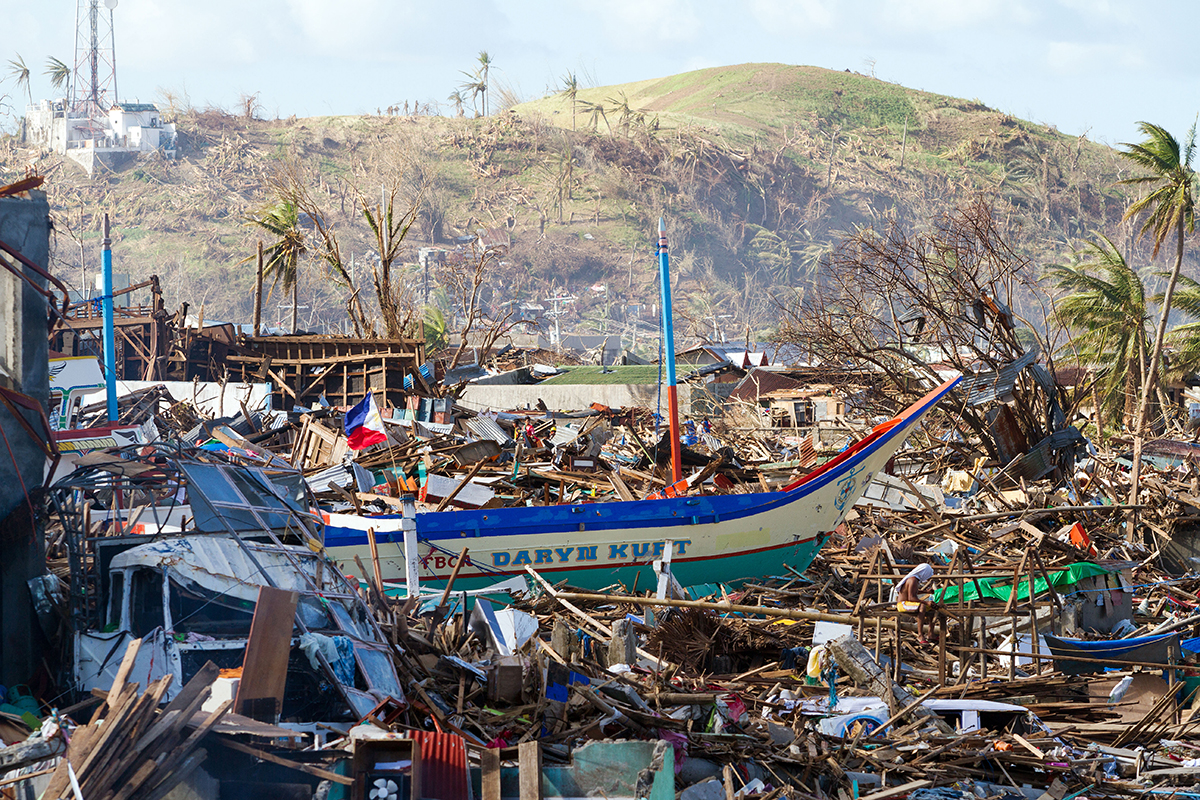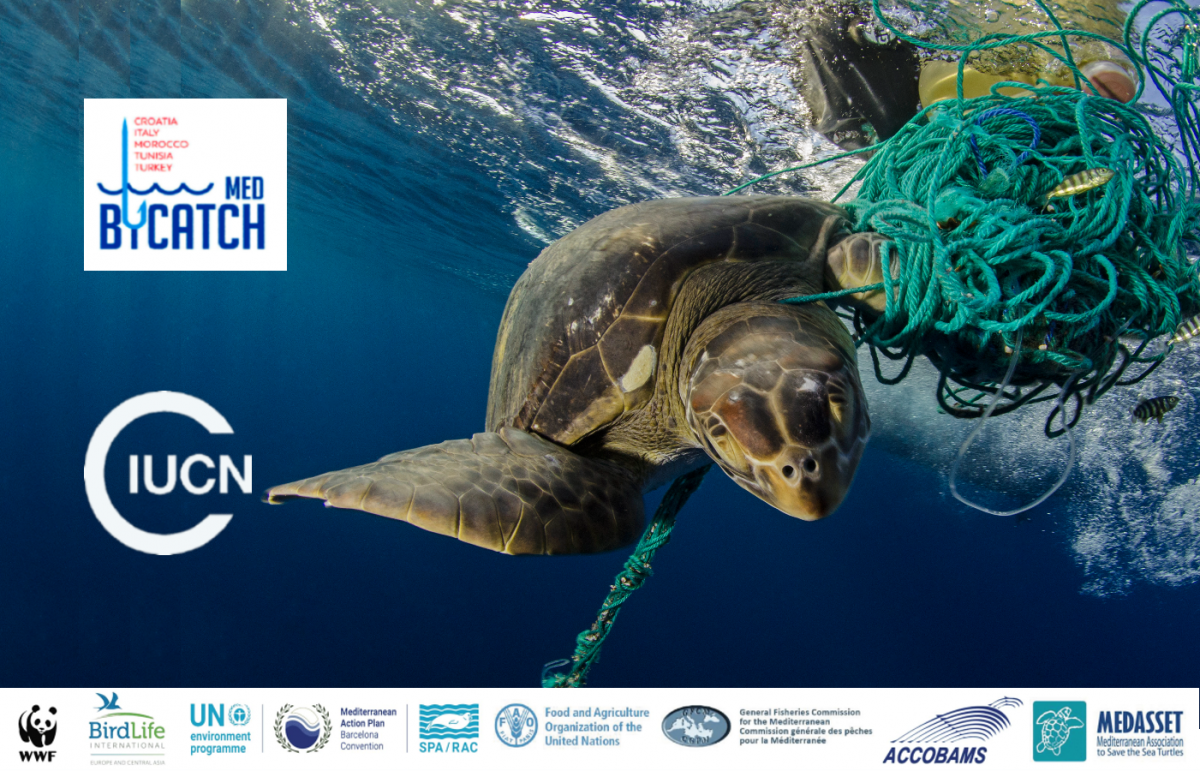Significant ocean hazards and impacts on the rise in developing countries: urgent need to assess and address associated rising costs – IUCN report
A new IUCN report, Acting on Ocean Risk, reveals that densely populated coastal areas are exposed to increasing threats such as sea-level rise and extreme weather events. Focusing on the situation in Kenya, Mozambique and Tanzania, the report finds that local economies which typically rely on fisheries, are increasingly impacted by coral bleaching and harmful algal blooms.

Flattened Tacloban City after hurricane Haiyan Philippines
Photo: Images & Stories / Alamy Stock Photo
With 40% of the global population living in coastal areas and the increasing economic costs related to these hazards, it is urgent to understand and mitigate ocean-derived risks and build the resilience of marine ecosystems to respond to these hazards. Acting on Ocean Risk examines current knowledge of the economic value, cost and losses associated with five major global issues: extreme weather events, coral bleaching, harmful algal blooms, food security via fisheries and aquaculture, and human health and disease.
Following an in-depth analysis of the five featured ocean risks, the report goes on to identify the knowledge gaps, the opportunities for action and potential ways forward. Opportunities to incorporate ocean risk into the implementation of strategies and plans are identified and encouraged through partnerships, strengthened capacity, sustainable financing and an integrated approach to implementation.
This report follows on from a previous IUCN publication on ocean risk, Ocean connections, which provided an overview of the current knowledge of the economic value, cost and losses associated with selected risks. Building on a process of stakeholder engagement and dialogue, the work provided input on how to perform adequate assessments, estimate costs and set up management strategies to respond to ocean risk.
IUCN also takes this occasion to release a short film on ocean risk entitled The Ripple Effect. Filmed in collaboration with Axa XL insurance company, the film introduces the concept of ocean risk and its importance for coastal communities.
Addressing Ocean Risk will require involvement from a broad range of stakeholders and actors to develop risk assessments and implement adequate management solutions at a national level. IUCN is a full Member to the Ocean Risk and Resilience Action Alliance (ORRAA) which aims to promote finance and insurance innovations that build coastal resilience to ocean-derived risks.
In collaboration with other partners, ORRAA recently launched the #BACKBLUE ocean finance commitment, designed to incorporate the Ocean in finance and insurance decisions, especially with its importance in the fight against climate change.
Further information:
IUCN ocean risk website



